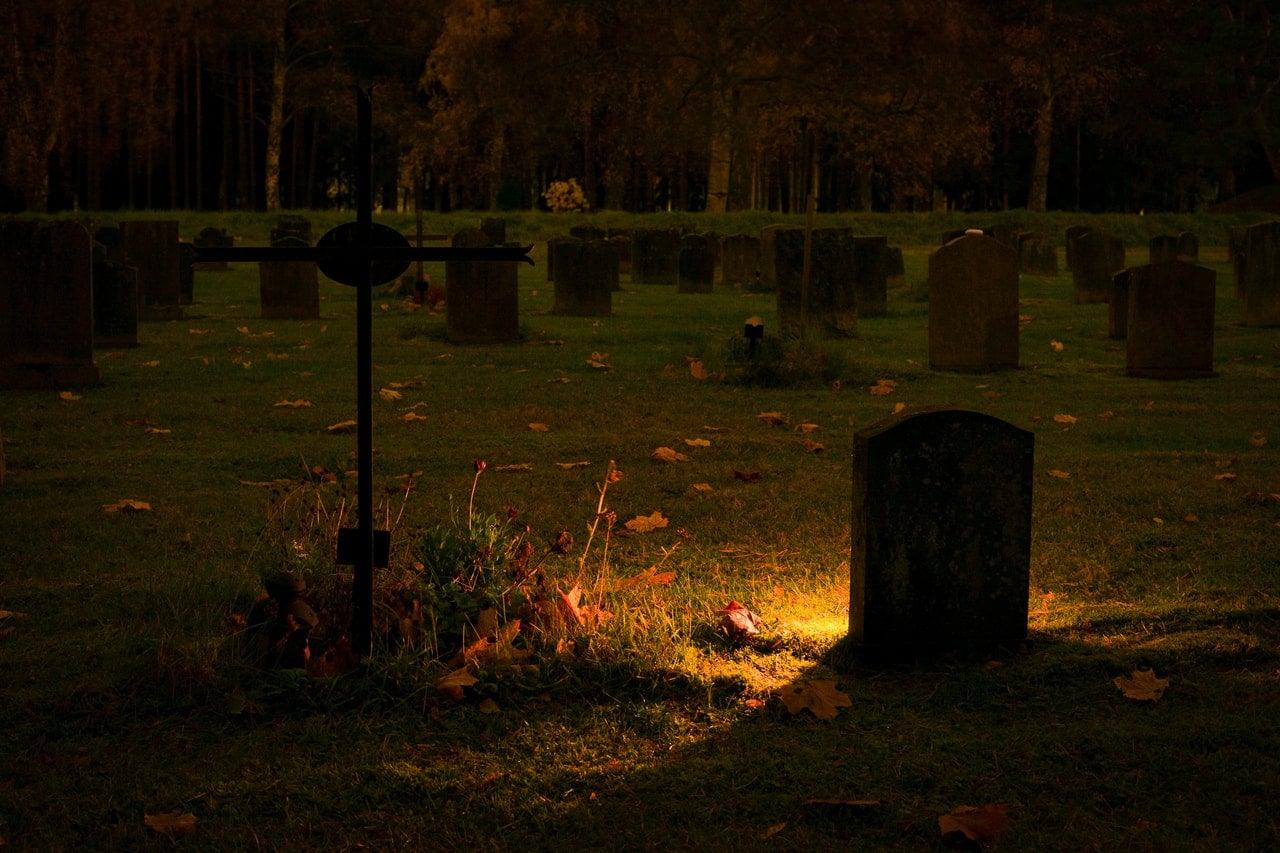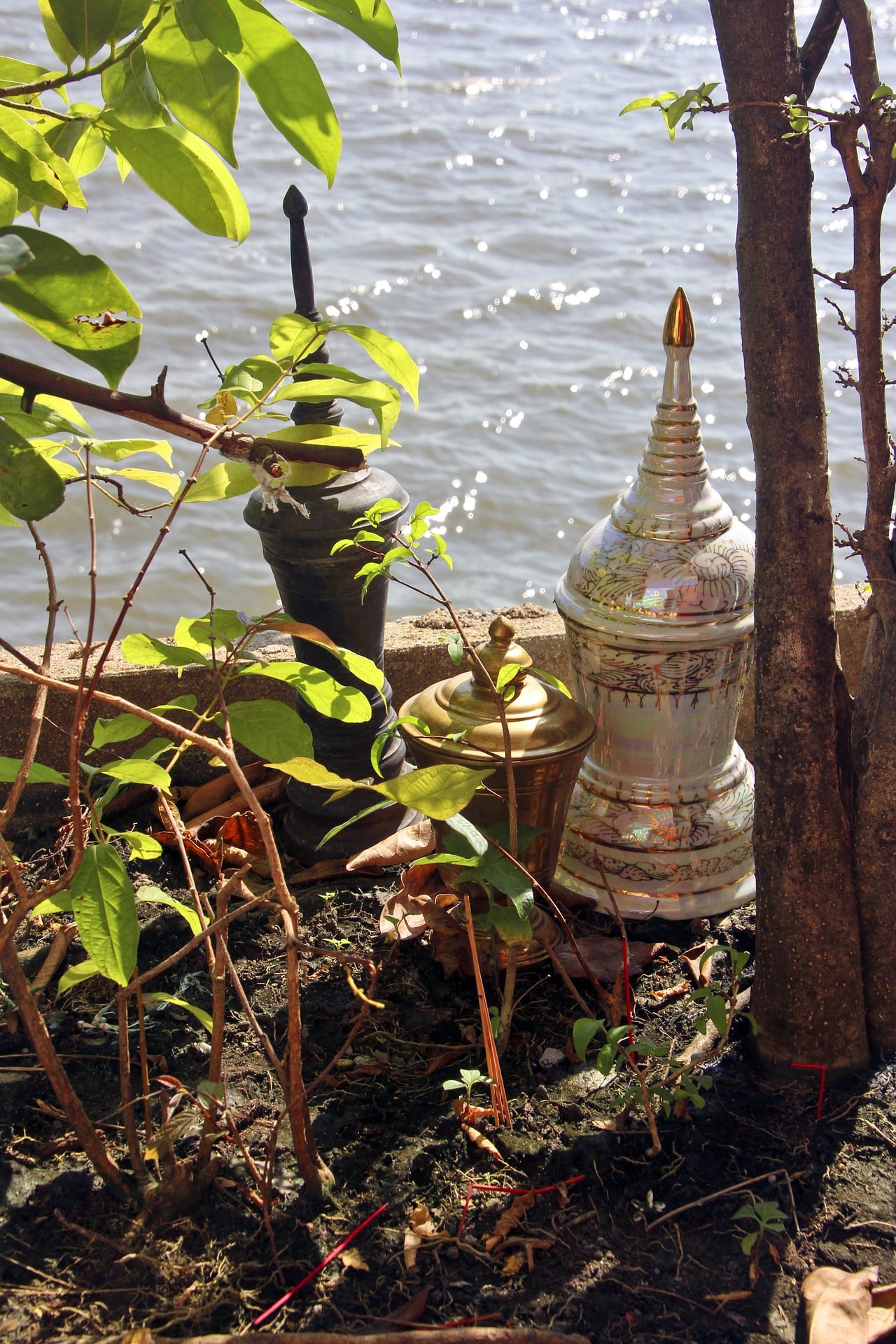Making the decision to get a burial or a cremation may not affect you personally after you’re gone, but it will certainly affect the loved ones that you leave behind. Over the past few years, cremation has grown in popularity, particularly because the ashes can be preserved in an urn for centuries to come. On the other hand, a burial is a traditional part of a funeral, and not many individuals would be open to giving it up.
If you’re torn between deciding to be cremated or buried, here are the main differences between them.
IMAGE: PEXELS
Remains
The biggest difference between cremation and burial is what happens to the body remains, and how that impacts the funeral. When the body is cremated, this is thought to return the body to its basic elements – the ashes. These can then be kept in keepsake urns by the deceased families. Alternatively, some individuals may request that their ashes are scattered somewhere in particular that holds meaning to them.
A burial, on the other hand, keeps the body intact. Depending on the family’s traditional beliefs, the body may be buried in a coffin or lowered as it is in the ground. The former option gives the family a chance to say goodbye to the deceased’s displayed body during the funeral; however, the costs of hiring a mortician can be very high.
Legacy
Although you don’t actively think about the kind of legacy you leave behind when you’re young and well, it’s a concern that hits you as you grow older. It’s natural to fret about being forgotten after you pass, and thus seeking the most convenient way of reminding your loved ones of the memories they have made with you. One common way to do that is by keeping remains in a beautiful urn.
The manufacturers at https://www.greenmeadowmemorials.com/cremation-urns advise consumers to take a look at the available options before they decide on a kind of urn. Wood, metal, keepsake, and custom-made themed urns can all make the adornment more valuable to your family.
Choosing the right provider can ensure that the urn you select is both dignified and meaningful. Working with reputable cremation services in Fort Worth, Texas helps families honor their loved ones with care and professionalism. It’s important to choose a service that respects your wishes while guiding you through each step with clarity.
On the other hand, when it comes to burials, the body is buried in a cemetery, which is oftentimes, far from the family’s residence. Family members always have the option to visit their loved ones after they pass, but it’s usually only done during special occasions. That said, some families choose to have their own family cemetery on their premises, where their legacy can grow, and where their loved ones can always be a step away from them.
Environmental Impact
The debate of whether cremation or burial is greener continues to be controversial, possibly because both methods have their pros and cons. It is still unclear whether cremation is better for the environment, seeing as it is believed that most cremation chambers release a great amount of pollutants in the air in the process. However, this also depends on where the crematorium is and how it operates. Some crematoriums have well-insulated furnaces that minimize this problem.
On the other hand, it’s also commonly believed that the process of burials altogether can affect the environment negatively. The materials used to make coffins, as well as the chemicals used by the mortician to beautify the body, can cause an environmental imbalance when in contact with the soil. That said, there are now eco-friendly burials available, where the deceased can be placed in a biodegradable coffin. Alternatively, some people request that their bodies are buried as they are, believing that this method has the smallest carbon footprint.
Cost
This cost of both methods is usually what makes the decision difficult. Some people may want to be buried in a coffin, but lack the funds to do so. When you pass, your family and loved ones will have to pay thousands of dollars on burial and a funeral, while hiring a mortician and buying a coffin can add to the cost significantly. This is why some people resort to crematoriums, specifically because they can cost the family a fraction of the price of burial.
On the other hand, the extra costs that come from hiring a mortician are only optional and are only required if the deceased body will be on display at the funeral. If the funeral can be hosted at a home, the body can remain in an affordable biodegradable coffin until it’s time for the burial. This can dramatically reduce the cost of a traditional burial, but it may still be on the pricier side.
Funeral plans can greatly affect your family and the way they preserve loving memories of you. There are pros and cons to each method, and the decision should always boil down to yours and your family’s preferences, as well as your budget and personal beliefs.
If you are interested in even more lifestyle-related articles and information from us here at Bit Rebels, then we have a lot to choose from.


COMMENTS